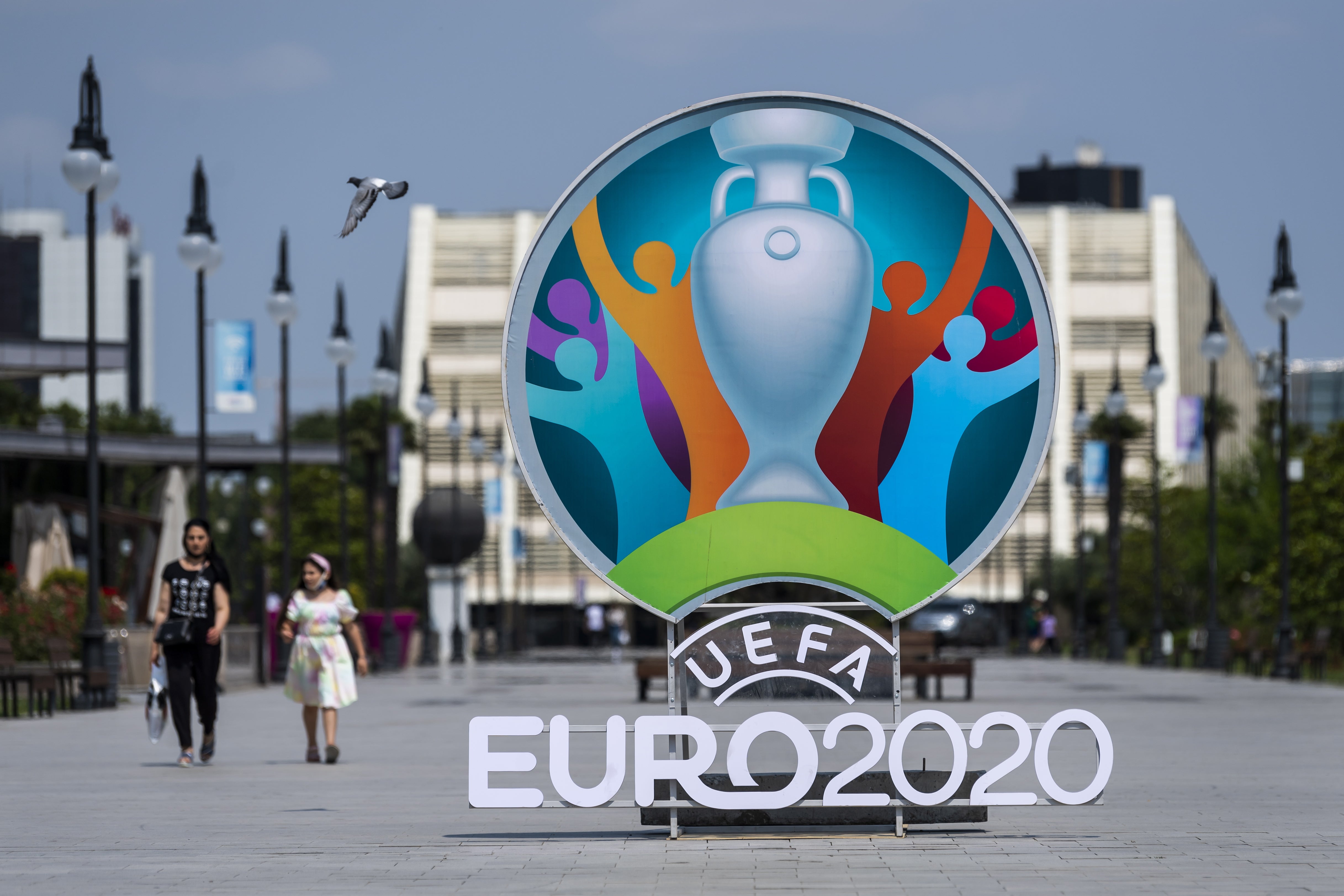History and politics will colour the Euros like never before
It might look like a football tournament but the Euros is far more than that, writes David Harding


At a time of fevered debate about sport and politics, along comes the Euros, which starts on Friday. The tournament is usually lots of fun – a heady mix of success, drama and predictable disappointment (delete as appropriate, depending on your nationality).
But there are also other things that give the Euros an edge – history and politics. In fact, the event not only incorporates the two, it is engulfed by them. Regardless of any current debate about something that should not even be challenged – protests against racism – off-field events will be everywhere at the tournament.
Europe’s nation states have spent large parts of their history in conflict with each other, some more than others. History – and the gloomiest reading of the continent’s current international relations – tell us that some will go to war with each other again.
Two nations – Ukraine and Russia – are currently locked in a dispute over who owns Crimea. Ukrainian troops and Russian-backed forces have entered a seventh year of fighting in the Donbas region. To lower tensions ahead of what, after all, is just a series of football matches, Ukraine’s new kit incorporates a map of the country, including Crimea.
The group games will see several countries play each other that have previously met on battlefields as well as on playing fields, including France and Germany, Finland and Russia, and England and Scotland.
Polish troops were deployed in the 1968 invasion of Czechoslovakia – Poland and Slovakia meet on 14 June. The Second World War and its consequences meant an influx of Italians to Wales, and the two countries have been drawn together in Group A. The last two winners of the Euros – Portugal and Spain – once fought each other in something called the “Fantastic War”, which sounds fun but probably wasn’t.
This is not meant to be flippant, comparing sport to war. One is just a game, while the other really is life and death. But history will be present in many of the games taking place over the next month.
And it is not just history; modern-day politics could easily intrude as well. It would be foolish to think that if England and France meet in the knockout stages – and there is a chance they could – that Brexit won’t be invoked. It might look like a football tournament, but the Euros is far more than that.
Yours,
David Harding
International editor



Join our commenting forum
Join thought-provoking conversations, follow other Independent readers and see their replies
Comments